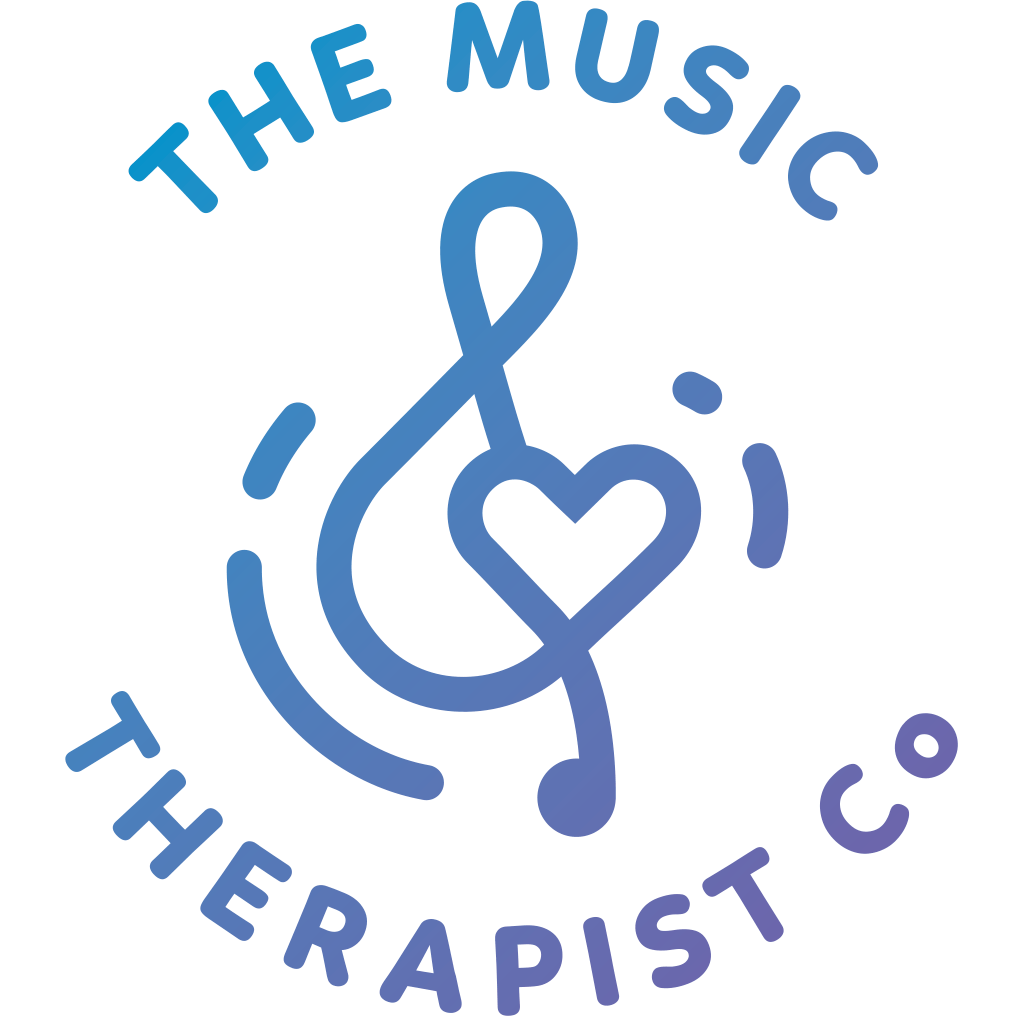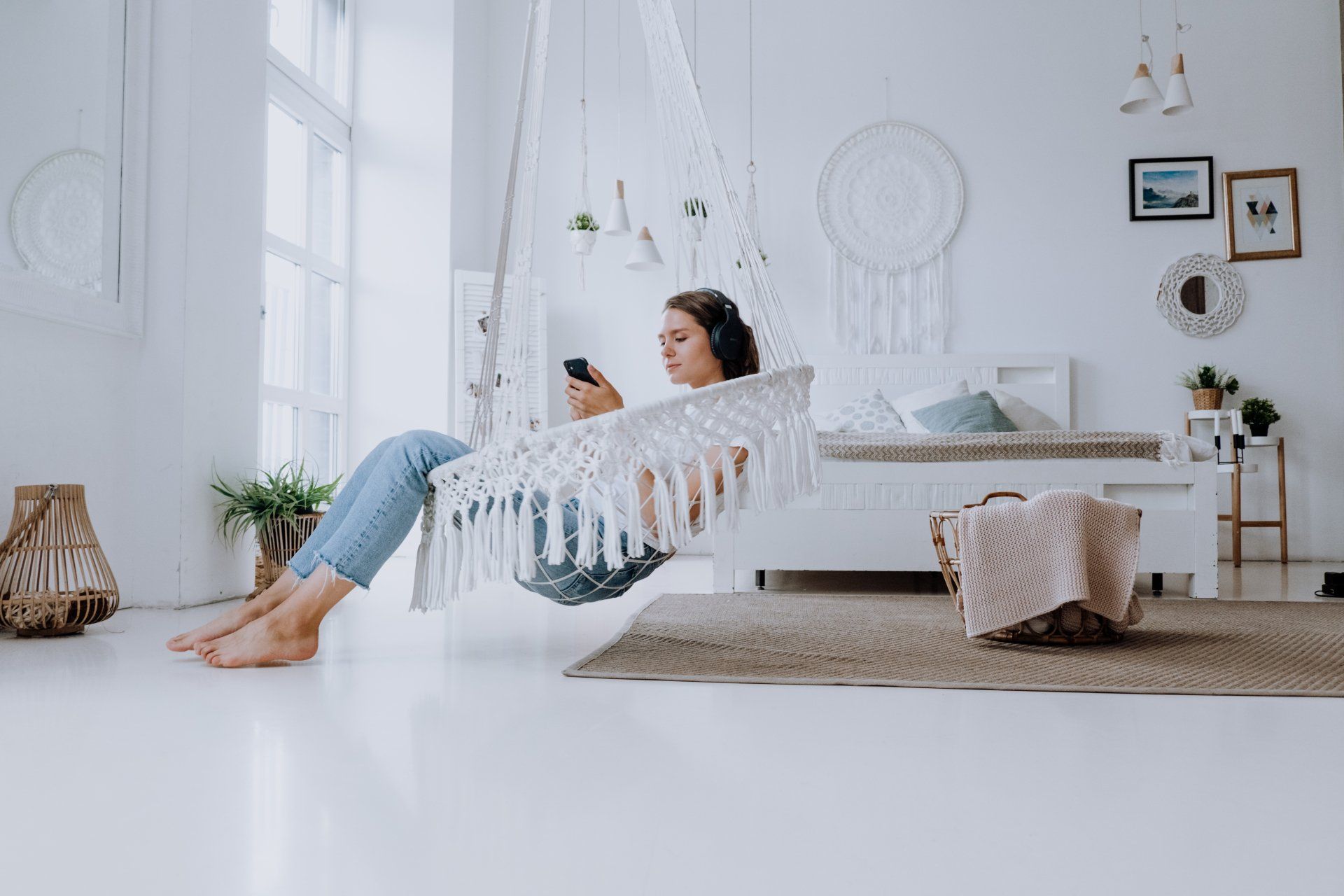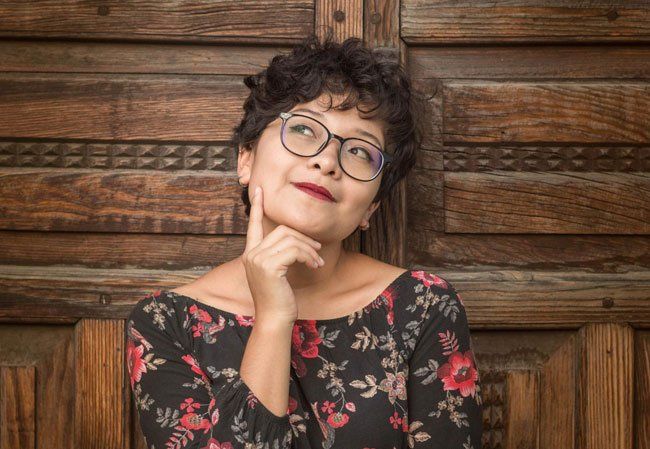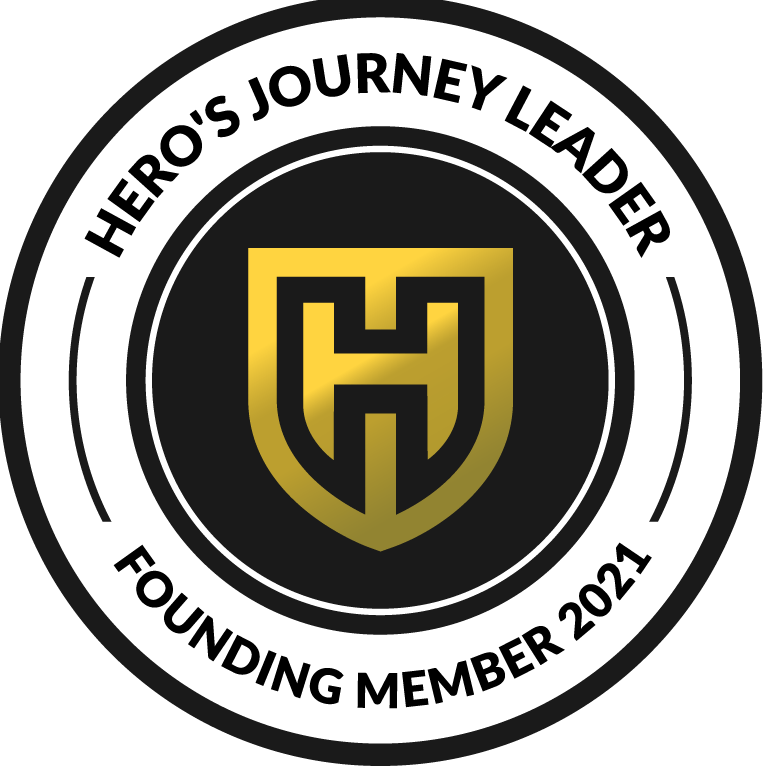Self Development & Music Therapy - Part 1
“I will be honest, before starting the interview I had little idea of what Music Therapy was. I wasn’t sure what to expect in my conversation with Sheila. During our conversation, it blew me away with everything I learned. The topic is fascinating, and I loved having this opportunity to learn about Music Therapy. Sheila Wall has had an amazing, story-filled career as a Music Therapist. Today we talked about what exactly it is, how it helps people, and more technical details behind the practice.” - show description by host, Kenny Aronson
Kenny: “Tell us a little bit about yourself, Sheila.”
I’m a board Certified Music Therapist. I’ve been in the long term care industry for over 30 years and working at personal development for past 10 years. The crash in 2008 really caused me to look deeper into who I am as a person and work on what the best business model would be for my life and business.
Kenny: “What is Music Therapy?”
I’m a therapist that uses music as a tool to bring about the changes you’d like to see happen in your life. I work with people of all ages. When I see children, we are looking at developmental milestones and trying to enhance those. With teens, we are sometimes dealing with trauma, self esteem, and self image. When working with young adults we are looking at who they are now and what that looks like and where they would like to go with their life. Middle aged clients bring life changes to the table and we work with how to work through those changes. Maybe they want to be physically fit using music or mentally more alert or adept. Elderly patients bring more memory problems and experience music as a mental life ring.
The unique characteristic that music has is that it engages the entire brain. The brain’s goal is to keep you safe, happy, healthy and nourished. For example, if you are blind your hearing get better. The same thing happens in the brain. When your brain is traumatized, it’s trying to compensate for this damage and it struggles to see healthy neural pathways. So, when the whole brain is engaged the pathways light up, so they see each other, which allows the brain the ability to find a new pathway through music which becomes the life ring. With today’s technology, we are now able to see, without cutting the brain open, how this works!
It’s been known since the beginning of time that we are musical beings. Music is known to be healing. We talk about medicine men and shamans; music, rhythms, pitches, and those kinds of things have been used throughout history to therapeutically interact with the human body for healing. Since we use it in society now as a social medium we don’t realize the medicinal qualities, or the damaging qualities, it can have. For example, when someone is constantly listening to chaotic music, the brain also becomes chaotic. If a person listens to music that is more organized and orderly, the brain will be able to organize better.
I always like to say that music is alive. Even though it’s not a breathing person, it’s alive because it interacts with the emotions, the mind, the body; these characteristics make it alive and we must be mindful of what we are using for music. It’s always interesting to see the responses in people. Every single session elicits responses that, even though it’s been over 30 years using music as a tool, that still amaze me.
Kenny: “Can you give us some examples or success stories of yours?”
I had an 11 year old boy who struggles with vision and balance and who has some autistic characteristics. His mother was concerned because he couldn’t recreate without her help or even write. He told me he wanted to be a professional piano player because he “didn’t want his mama to work so hard forever” and that broke my heart. He said, “I want to be able to read music like everyone else.” He can’t because his vision is impaired, but we were able to find a YouTube video of a step by step guide so he could take it home with him and practice.
Instead of having written music to practice with in front of him, he would have the audio and video. I’ve seen him for about once a week for four months now. With a small amount of direction, and lots of encouragement, he went from not being able to make one finger move at a time on the keys (not that he was physically disabled, but his brain could not figure out how to make his hands listen to his brain - there was a disconnect there somehow) he was able to do a five note scale using the music as a tool. He then discovered Fur Elise by Beethoven. Using the audio step by step, live weekly coaching and video, he’s now able to play the whole song, as written!
The brain wants to compensate. He’s a very intelligent kid. He also discovered that he was left handed! I encouraged him to use his left hand and no one had done that before. Now he can write his name and his homework. He’s now self recreating for about 30-40 minutes at a time and he and his mom is so thankful! Now, he’s even learning to play the trombone and ukulele because music has now become a viable rewarding creative outlet and allowed his brain to compensate!
There are so many other examples I could share with you! I have a lady that had dementia and is in the hospice program. She’s nonverbal, but in my very first session with her, we went to the piano and I started to sing a little Christmas song - and she started to sing! She has a beautiful singing voice and she sang all of the words. Her daughter sobbed because she hasn’t heard her mother sing in so long. It was amazing to see! Then all of a sudden, she was alert and noticed her daughter there. She said, “Oh, hello! When did you get here?” That’s the power of music. Having a therapist who has the skills to manipulate the music in the situation appropriately is amazing.
Part two to follow! If you’d like to jump right into it or if you would prefer to listen, you can access the podcast at this link:
#children #adults #dementia #adolescents #podcast






